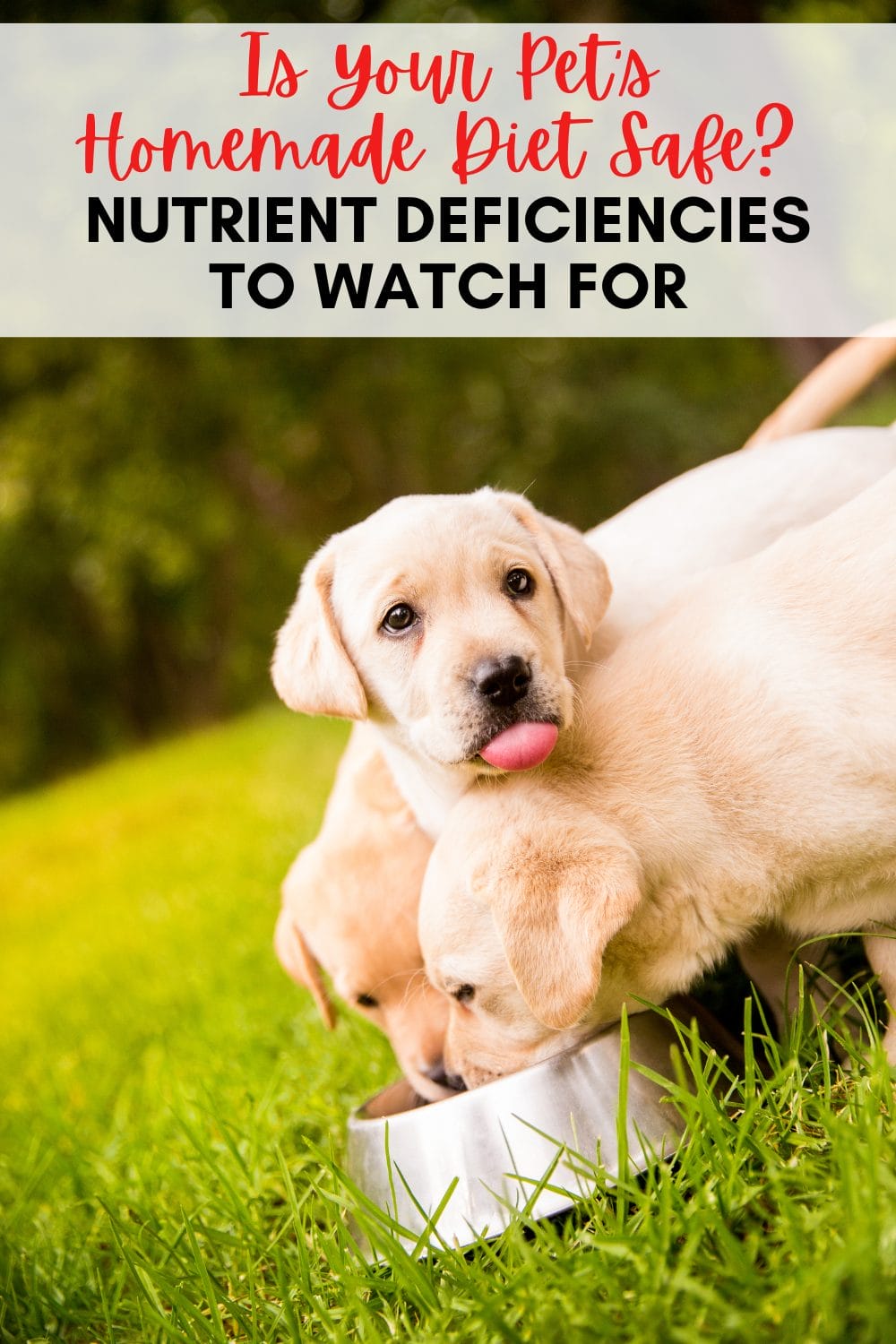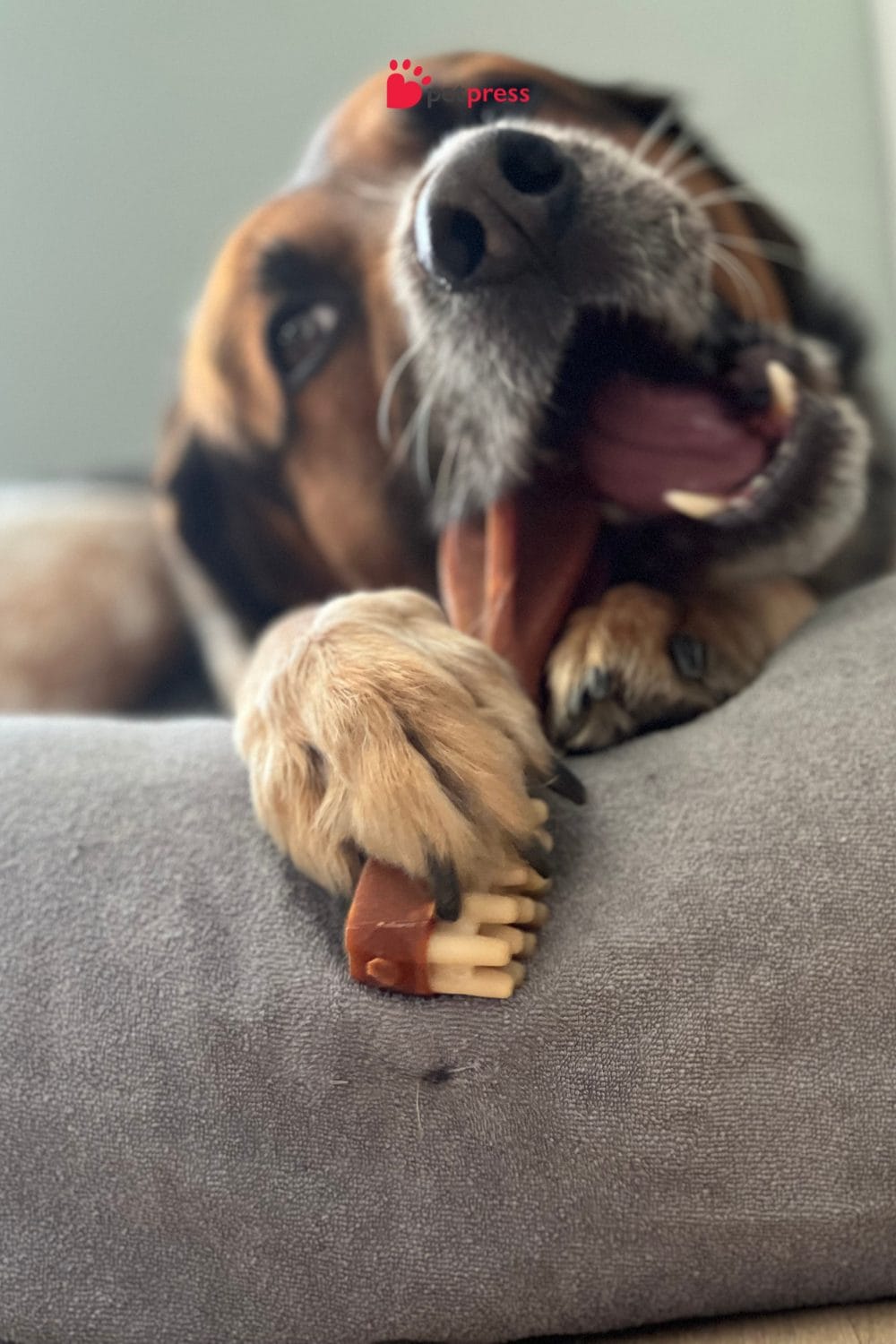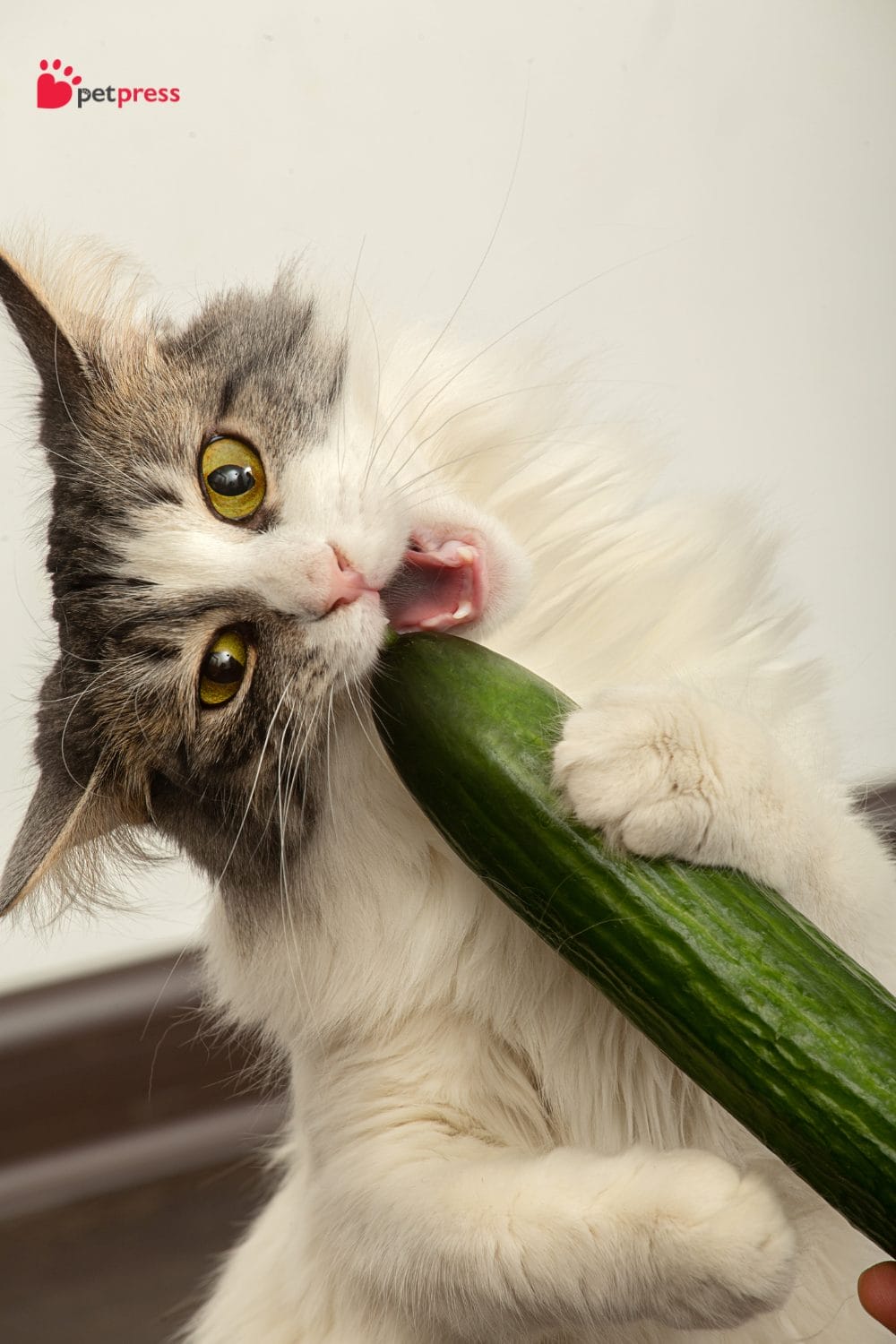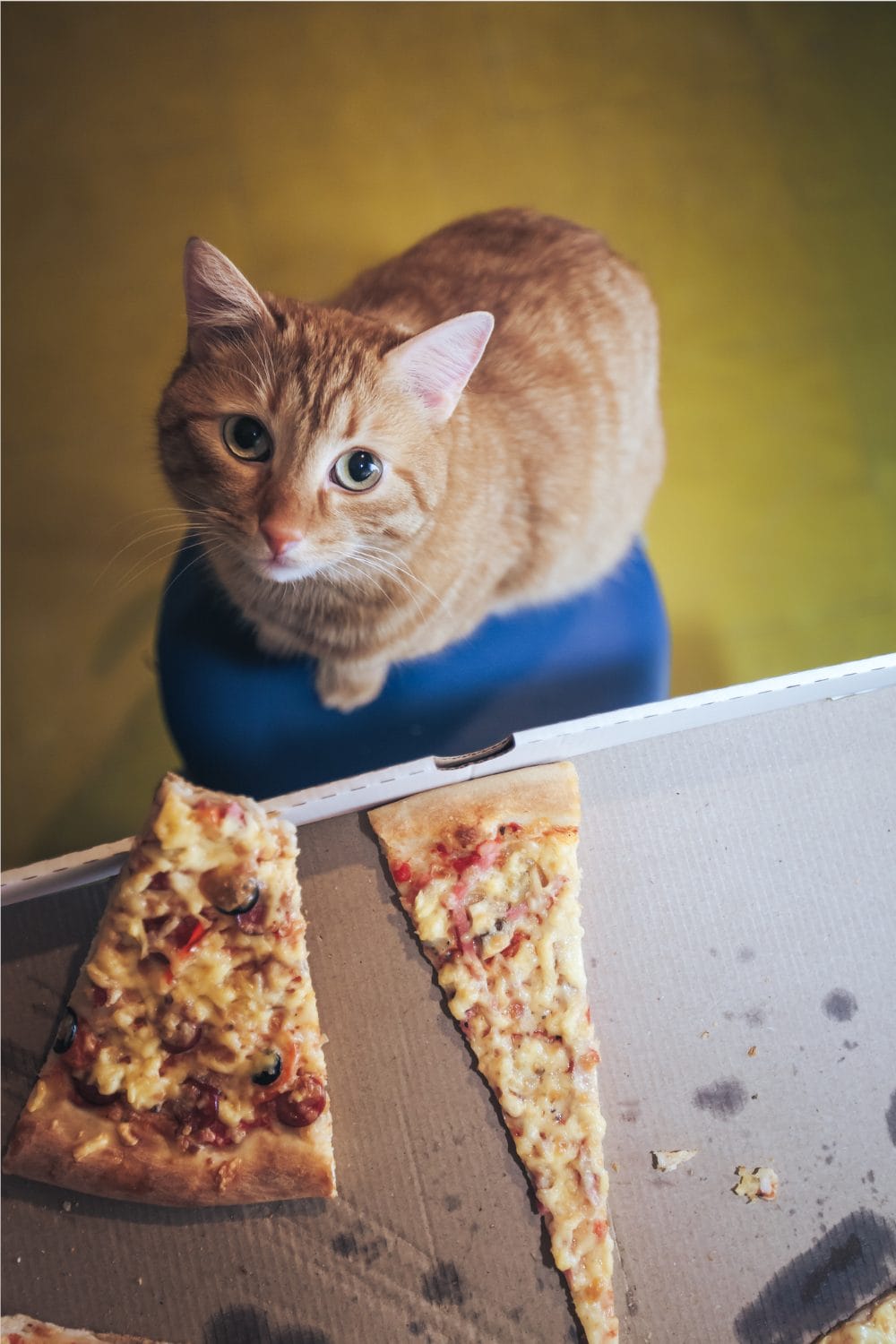
Homemade diets for pets are becoming more popular every day. Many pet owners prefer to prepare meals at home, believing it’s healthier and more loving. However, the pet’s homemade diet needs to be carefully balanced to be truly beneficial. Without the right nutrients, your pet might not be getting everything they need to thrive.
Ensuring your pet’s homemade diet is safe and nutritious is crucial. A balanced meal supports their growth, energy, and overall health. Let’s explore how to keep your furry friend happy and healthy with the right food choices!
What is a Pet’s Homemade Diet?
A homemade diet for pets involves preparing your pet’s meals yourself, right at home. It usually comprises ingredients like meats, vegetables, grains, and supplements. This allows pet owners to know exactly what their furry friends are eating.
Benefits of Homemade Pet Diets:
- Complete Control: You choose what goes into your pet’s bowl, ensuring freshness and quality.
- Customization: Tailor meals to meet your pet’s specific dietary needs and preferences.
Popular Ingredients in Homemade Diets:
- Proteins: Chicken, beef, or fish
- Vegetables: Carrots, peas, and sweet potatoes
- Grains: Rice or oatmeal
- Supplements: Essential for balancing the diet
Creating a balanced homemade diet requires careful planning. It’s vital to meet all nutritional needs to keep your pet healthy and energetic. Always consult a vet or a pet nutritionist to design the right menu for your pet. This ensures that your loving effort truly benefits their well-being.

The Risks of Nutrient Deficiencies
Creating a homemade diet can be tricky. Without the right balance, your pet may not get essential nutrients.
Nutrient deficiencies occur when your pet’s diet lacks essential vitamins, minerals, or other crucial elements. If their food doesn’t meet their nutritional needs, their health can suffer significantly. This can lead to various health issues that might affect their energy, growth, and overall well-being.
Types of Nutrients Often Missing in Homemade Diets
- Calcium – vital for strong bones and teeth
- Vitamins (e.g., Vitamin D, Vitamin E) – important for skin health and immune function
- Minerals (e.g., Iron, Zinc) – crucial for blood health and healing
- Proteins – necessary for muscle growth and repair
- Fatty acids (e.g., Omega-3 and Omega-6) – essential for brain function and coat health
Signs Your Pet Might Be Lacking Essential Nutrients
- Dull, flaky skin or coat – suggests a deficiency in vitamins or fatty acids.
- Lethargy or lack of energy – can indicate insufficient proteins or minerals.
- Poor growth in young pets – often a sign of calcium or protein shortage.
- Weakness or brittle bones – typically related to a lack of calcium or Vitamin D.
Balancing your pet’s homemade diet is essential to avoiding these risks. Consultation with a vet or pet nutritionist can ensure your pet gets all they need. This approach not only keeps your pet healthy but also enhances your connection by providing the best care possible.

Critical Nutrients Your Pet Needs
Pets require a variety of nutrients to maintain their health and vitality. Just like us, they need a balanced mix of proteins, fats, vitamins, and minerals. Let’s dive into what these essential nutrients are and why they are crucial for your pet’s diet.
- Proteins: Protein is fundamental for muscle growth and repair. Pets, especially active breeds, need it to stay strong and healthy. High-quality animal-based proteins like chicken, beef, or fish are excellent sources.
- Fats: Fats provide energy and help absorb certain vitamins. They also keep your pet’s coat shiny and skin healthy. Sources like fish oil and flaxseeds are great for a pet’s diet.
- Vitamins and Minerals: These are critical for immune function and overall health. For example, calcium and phosphorus support bone health, while vitamins A and E help with vision and skin health, respectively.
Role of Each Nutrient in Your Pet’s Health
| Nutrient | Role in Health |
| Protein | Builds and repairs muscles |
| Fats | Provides energy, supports coat |
| Vitamins | Boosts immune system |
| Minerals | Strengthens bones and teeth |
How to Ensure These Nutrients Are Included in Your Pet’s Homemade Diet
- Consult a Vet: Always discuss your homemade diet plans with a veterinarian to ensure balance.
- Use Quality Ingredients: Choose fresh, high-quality ingredients to prepare your pet’s meals.
- Supplement Wisely: Consider adding supplements to meet the nutritional gaps in homemade pet food.
- Diverse Diet: Incorporate a variety of food items to cover all nutritional bases.
- Regular Check-ups: Keep track of your pet’s health to adjust their diet as needed.
By understanding the critical nutrients and their roles, you can ensure your pet’s homemade diet supports their well-being. Always aim to provide a balanced, nutritious meal plan that caters to their specific needs.
How to Avoid Nutrient Deficiencies
Creating a balanced, homemade diet for your pet is essential. This ensures they get all the necessary nutrients to stay healthy and active. Here are some practical tips and reasons why consulting with professionals is crucial:
- Start with Variety: Include a mix of meats, vegetables, and grains to cover the range of vitamins and minerals your pet needs.
- Measure Portions: Use a scale or measuring cups to serve consistent and appropriate portion sizes for your pet’s weight and activity level.
- Rotate Ingredients: Switch up the ingredients in your pet’s meals regularly to provide a spectrum of nutrients.
- Add Supplements: Sometimes, food alone isn’t enough. Add vet-recommended supplements to ensure your pet’s diet is complete.
Balancing a homemade diet requires careful planning and professional input to ensure your pet remains healthy and happy. This approach helps avoid nutrient deficiencies that could impact your pet’s well-being.

Conclusion
Ensuring your pet receives a balanced homemade diet is crucial for their health and happiness. Every scoop of food you prepare should be packed with the necessary nutrients to help them thrive. It’s not just about feeding your pet; it’s about nourishing them with love and care through every meal.
Don’t hesitate to reach out to a veterinarian or a pet nutritionist. These experts can guide you, helping you create a meal plan that suits your pet’s specific needs. Their advice is invaluable in preventing nutrient deficiencies and ensuring your furry friend leads a vibrant, healthy life.
Lastly, always keep a close eye on your pet’s health. Monitor how they respond to their new diet and be ready to make adjustments as recommended by your pet’s healthcare provider. By doing so, you’re not just feeding them; you’re giving them the best chance at a long, joyful life. Remember, a little effort in planning their meals can mean a world of difference to your beloved companion.
FAQs
Noticeable signs include dull coat, lethargy, and unusual weight loss. If your pet shows these symptoms, a diet check might be necessary.
Pets need a balanced diet, which means including vegetables and grains for essential vitamins, not just meat.
Varying ingredients weekly or monthly helps ensure your pet gets a range of nutrients and prevents dietary boredom.
Not all, but many do. Consulting with a vet ensures your pet’s diet is complete with all necessary nutrients.
This depends on what’s missing from your pet’s diet. Common supplements include calcium, multivitamins, and omega fatty acids.
- Does Cat Litter Melt Ice? The Complete Guide to Winter Safety - January 30, 2026
- Happy Tail Dogs: Understanding This Common Canine Condition - January 29, 2026
- How Cold Can Outdoor Cats Handle? Feline Winter Safety - January 27, 2026


GIPHY App Key not set. Please check settings